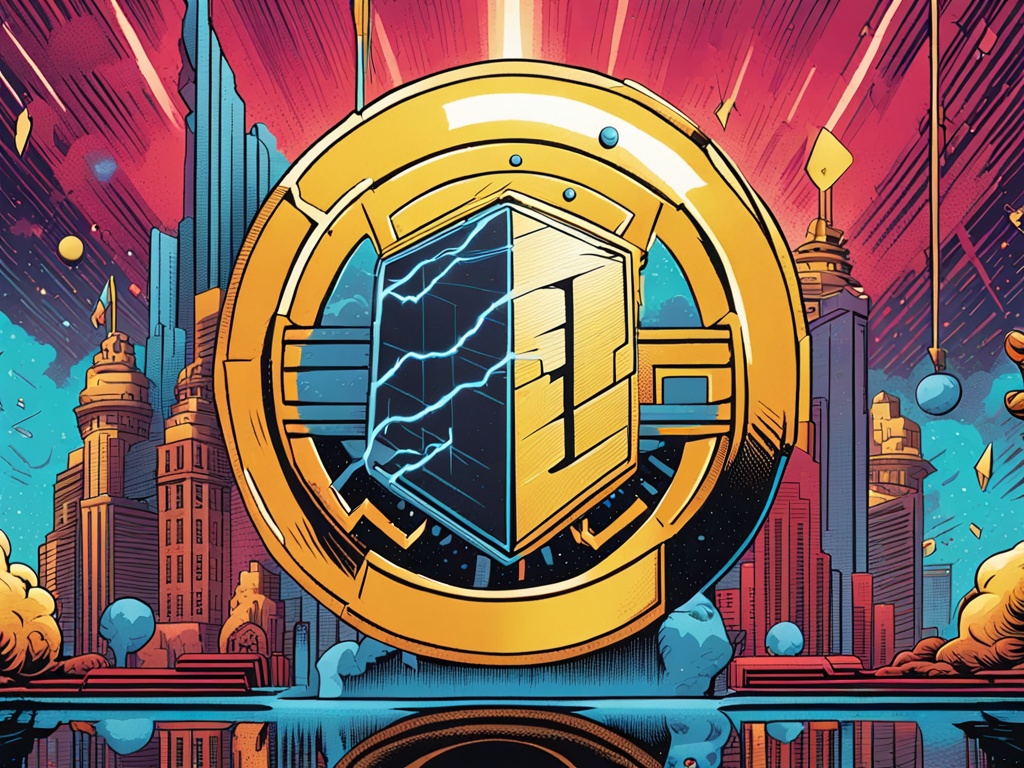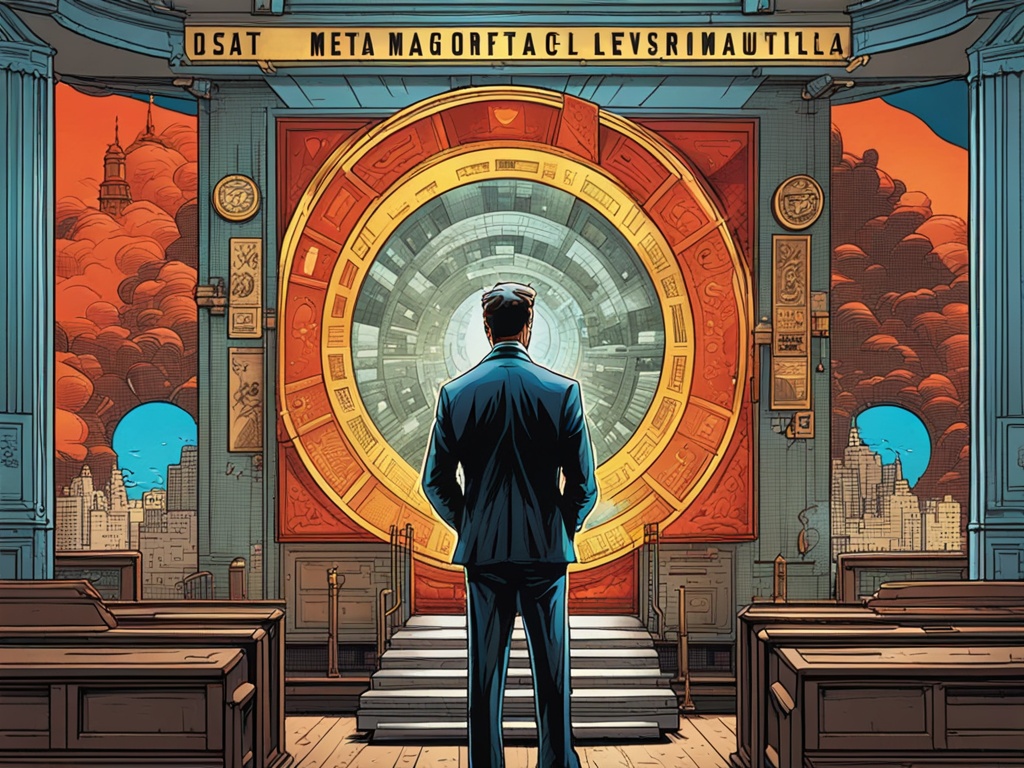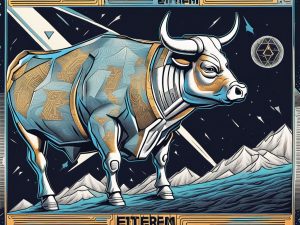What Happens When Regulations Change the Game? The Case of Coinbase and USDC Rewards
So, let’s set the stage here for a moment. Imagine you’re looking at your crypto portfolio one day, checking how much you’ve earned from your investment in USDC. It’s a chill day, you’re sipping your coffee, and then WHAM, you get an email notification from Coinbase saying they’re discontinuing their rewards program starting December 1, 2024. 🤯 The email says it’s all because of new EU regulations, and now you’re left wondering—what does this mean for your crypto investments?
Key Takeaways:
- Coinbase is halting its USDC rewards program in the EEA due to EU regulations.
- The new MiCA regulations classify stablecoins as electronic money tokens, enforcing stricter rules.
- Many users are upset, pointing out that regulations are limiting consumer benefits.
- Coinbase hinted at more changes coming ahead of MiCA’s enforcement.
Now, let’s break this down. The crypto market is all about being agile, right? It’s like surfing; you gotta ride the waves or, well, wipe out! 🌊 With the introduction of the EU’s Markets in Crypto-Assets (MiCA) framework, the tide is clearly shifting.
What Are These Stricter Rules?
So, MiCA is a big deal in the EU—it’s been designed to bring a level of standardization and consumer protection to the crypto space. They want to make sure that entities like Coinbase maintain enough reserves before they can offer certain products. This effectively means that interest-earning features, like the rewards you were getting on your USDC, are getting the ax. Hard to imagine a crypto world without those passive income options, right?
Here’s a quick rundown of what MiCA entails:
- Strictly classifies stablecoins as electronic money tokens (EMTs).
- Bans any interest-earning features associated with these tokens.
- Forces issuers to maintain substantial reserves and obtain regulations across EU member states.
Let’s Talk About Discontent
A lot of folks are pretty miffed about this whole situation. I mean, it’s like being told you can’t have dessert after dinner—who wouldn’t complain? One of the co-founders of Sablier, Paul Berg, put it quite sarcastically on Twitter, expressing thanks to the EU for “protecting” him from making passive income on his USDC. Ouch! 😅
Ripple CTO David Schwartz chimed in too, saying this is a prime example of rules that might prevent companies from offering good services to consumers. And honestly, I get that frustration. When regulations start limiting what we can earn from our investments, how do we navigate that?
Impacts on the Crypto Market
So, the big issue here isn’t just about USDC rewards disappearing. It’s part of a broader conversation about the direction of the crypto market, especially in Europe. Coinbase had already hinted at changes coming due to MiCA’s enforcement, suggesting they might need to get a little creative with how they offer products moving forward.
As a potential investor, consider this: how will these regulations impact the profitability of the tokens you’re interested in? If you’re banking on stablecoins for yield, it could be time to rethink your strategy.
Here are a few practical tips:
- Diversify Your Portfolio: Don’t put all your eggs in one basket. Explore new tokens and coins that can withstand regulatory shifts.
- Stay Informed: Keep up with regulatory news. Markets are changing, and knowing what’s happening in real-time can help you make smarter decisions.
- Consider Alternative Investments: If stablecoins aren’t offering the yields they used to, look into other areas like DeFi options that might still provide returns.
The Road Ahead
Looking ahead, Coinbase has said that around ten days into December, users will get their last payment before the hiatus starts. They’ve also mentioned they’d provide a plan to help users transition to compliant tokens. This shows there might still be some opportunities for investors who adapt to these changes early on.
But here’s a thought—Are these regulatory hurdles leading to a safer market for everyone involved, or are they stifling innovation and growth? It’s such an interesting discussion to have. Personally, I believe a balance is key. We need consumer protection while also making sure creativity and innovation can flourish.
Final Thoughts
So, as we sip our coffee and ponder this news, it’s clear that regulations are starting to shape the crypto landscape in significant ways. Whether you’re an experienced investor or just dipping your toes into crypto, it’s essential to stay on top of these changes and consider how they might impact your investing journey.
Do you think regulations will end up being a good thing for the crypto market in the long run, or do you think they’ll suck the life out of it? I’d love to hear your thoughts!




 By
By
 By
By
 By
By

 By
By